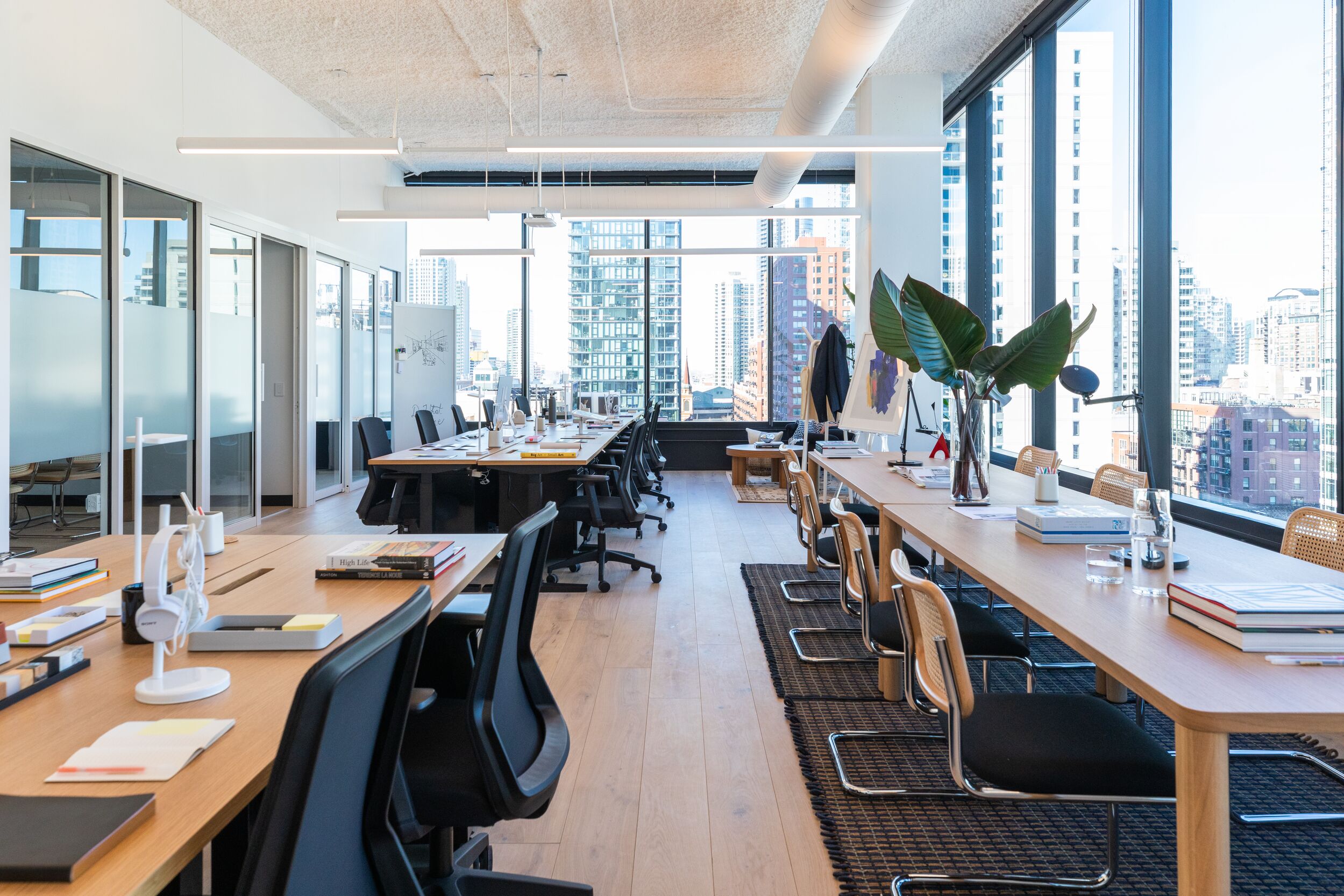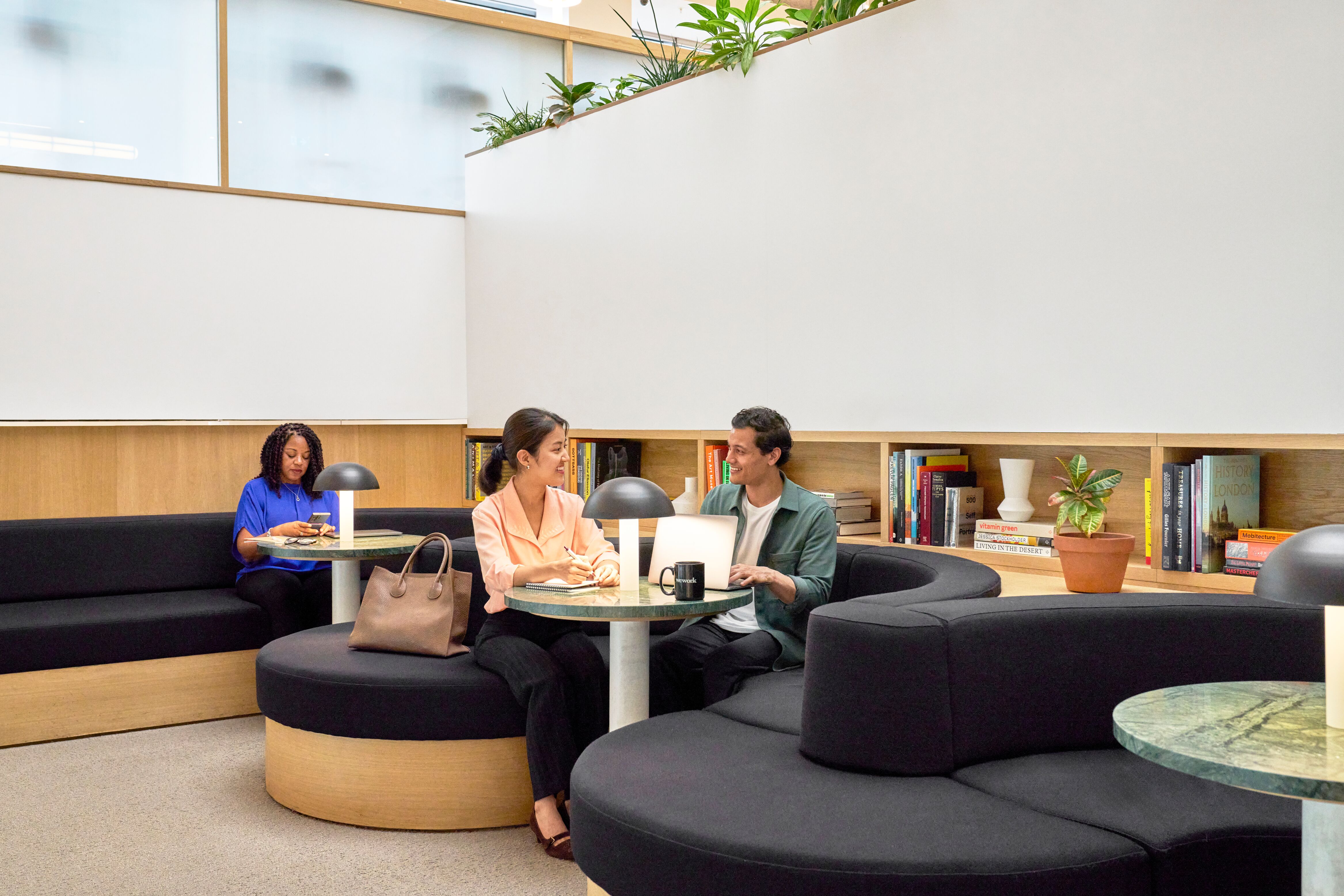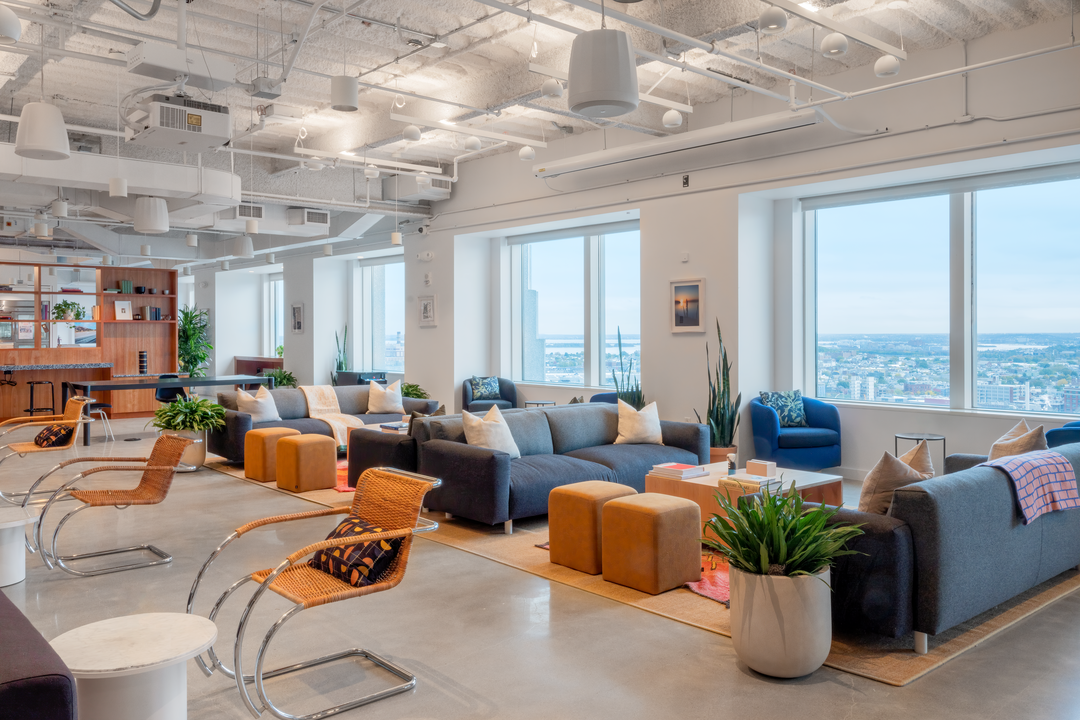This article originally appeared on El Mundo.
Sitting in a circle around a campfire, the first humans of prehistoric times were already integrating to organize themselves, to share their experiences, to make plans, and to transfer knowledge from one generation to another. Human connection, empathy, and understanding were and are the foundation of collaborative work and the ferment of the most outstanding ideas, from revolutionary works of art to visionary scientific discoveries.
Today, despite the dizzying speed of digitalization and remote work, there is still that primordial need to create community, to learn and teach, because the human experience is at the core of our well-being.
It is no secret that purely virtual exchange is unable to replace the experience of physically integrating as a team. In this sense, the new normal, mediated by distance exchange, must also contemplate outlets to satisfy the natural urge to unite personally to achieve goals and objectives.
On the other hand, those who are fortunate enough to have an ideal environment in which to work from home are more likely to achieve the desired level of productivity. But this is not the case for many people working from home.
In this context, organizations are faced with two requirements: One is to satisfy the emotional need of employees to work in a group; the other is to provide them with adequate infrastructural and spatial conditions to perform their tasks.
What happens then when the employee has the chance to meet physically with his team? What happens if companies free their employees from the burden of an unsolicited solitude, in which the process of virtual meetings is reduced to the scenario of scheduling meetings, muting microphones, and waiting for their turn while their mind is truly focused on preparing the next lunch at home?
Through our experience at WeWork, we have noticed that most of the organizations that have taken a successful step forward in the virtual modality are clear on two aspects: First, that there is no need to return to the stiff centralized office model, and second, that a good collaborator can be productive anywhere if he has the conditions to perform, whether it is having a comfortable and bright meeting room to exchange opinions, or a connectivity that frees him from the anxiety of suffering from an unstable internet service.
At WeWork, we know from vast experience and research after the forced “work at home” that many employees experienced in 2020 that the limitation of human exchange and the confinement of workers to their home space caused great anxiety, depression, and stress, something that did not go unnoticed by sensitive organizational leaders who care about the mental health of their employees.
The greatest contribution organizational leaders can make for workers is to bring humanity back into the workspace, without losing sight of the opportunities offered by intelligently and purposefully managed virtuality. Decision makers have the alternative today to put their attention on people, allowing them to exchange opinions and points of view in a controlled and optimal environment for face-to-face work, such as that offered by a collaborative space equipped with the best infrastructural conditions to ensure high work performance.
Undoubtedly, it is the ideal time to make that qualitative leap to a hybrid and flexible model in which virtual work does not lose its intrinsic social sense. The human connection is greater when the parties leave their particular environments and live a collective experience, when colleagues are naturally challenged to give the best of themselves as a result of direct interaction.
It is clear that today’s work environment is not what it used to be. Today’s work life is more than that—it is a blank page to capture the potential of a hybrid performance model capable of maximizing technological opportunities for productivity, efficiency, and performance. But it is also capable of embracing our collective human nature, making empathy a learning experience and human interaction a possibility for constant progress.
Rashid Sauma is an area director at WeWork based in Costa Rica.
Rethinking your workspace?










